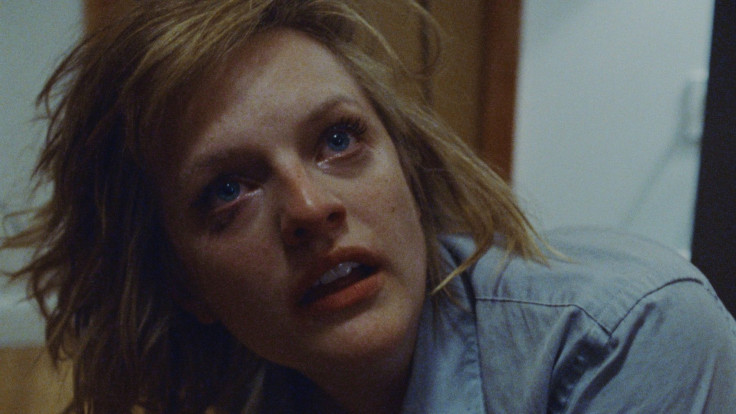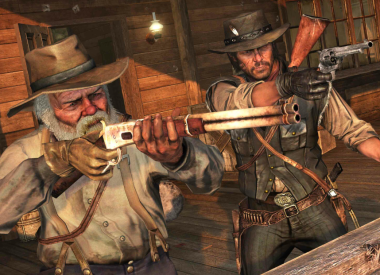Can you understand a friendship if you only see it after it’s been broken? Queen of the Earth asks us to plumb a relationship burnt to a crisp and try to taste all the fine ingredients that went into at the start. In doing so Queen of Earth dramatizes how one person’s break from reality can tear apart some of our strongest human bonds. It is a friendship in negative, all inverse and shadow but still utterly recognizable as it rips apart in front of us.
Queen of Earth Movie Trailer
Queen of Earth opens on Catherine’s (Elisabeth Moss) crying face, her make-up smeared in an almost parodic depiction of hysteria (Queen of Earth is very interested in bringing specificity and empathy to the tired trope of feminine madness). But here is one of Catherine’s last moments of sanity. The rest of the movie is her disintegration, as Catherine escapes to her friend (Katherine Waterston) Virginia’s lake house to recover from the back-to-back suicide of her father and dissolution of her love life.
Our exclusive alternate poster for 'Queen of Earth' by @midmarauder: http://t.co/H5z2qyNAey pic.twitter.com/YWZMrTCqFY
— The Film Stage (@TheFilmStage) August 27, 2015It is obvious what kind of movie Queen of Earth wants to be. It is Repulsion and the interior experience made horror. And while Queen of Earth is more down to Earth than Polanski ever was, there is a bit of pulp here too. Sure, Perry and Moss aren’t going for the end of The Tenant, but like Let’s Scare Jessica To Death (a movie whose influence on Queen of Earth is evident, even without Alex Ross Perry having mentioned it specifically), the vocabulary here is all horror, right down to the hungry hands reaching for Catherine’s skin.
There’s the indie drama version of an M. Night Shyamalan twist in Queen of Earth too. The final flashback of Queen of Earth brings us to the end of the previous summer, when Catherine shrugs off her callous treatment of Virginia during Virginia’s own relationship crisis. Suddenly the menace Catherine intuits in Virginia’s every giggle seems just a bit more plausible.
Really like this poster for Queen Of Earth. Shame it'll have a limited release, so no seeing for Phil :( pic.twitter.com/3nVMuWXSgT
— Phil M Payton (@PhilMPayton) August 25, 2015While Queen of Earth is very much Elisabeth Moss’ movie--as Catherine breaks apart and we are left only with her gone girl laugh and frozen face before some disorientingly florid credits—much of its beguiling power comes from the central friendship. Madness may be experienced alone, but as social beings our own black holes inevitably suck in those closest to us.
During Queen of Earth Virginia offers an uncomfortable and only half-right answer: “You can get out of someone else’s cycle, but you can’t get out of your own.” Queen of Earth is about a relationship Virginia hadn’t anticipated, one where the cycle is dual, a spiraling orbit toward collision that neither body can avoid.


















